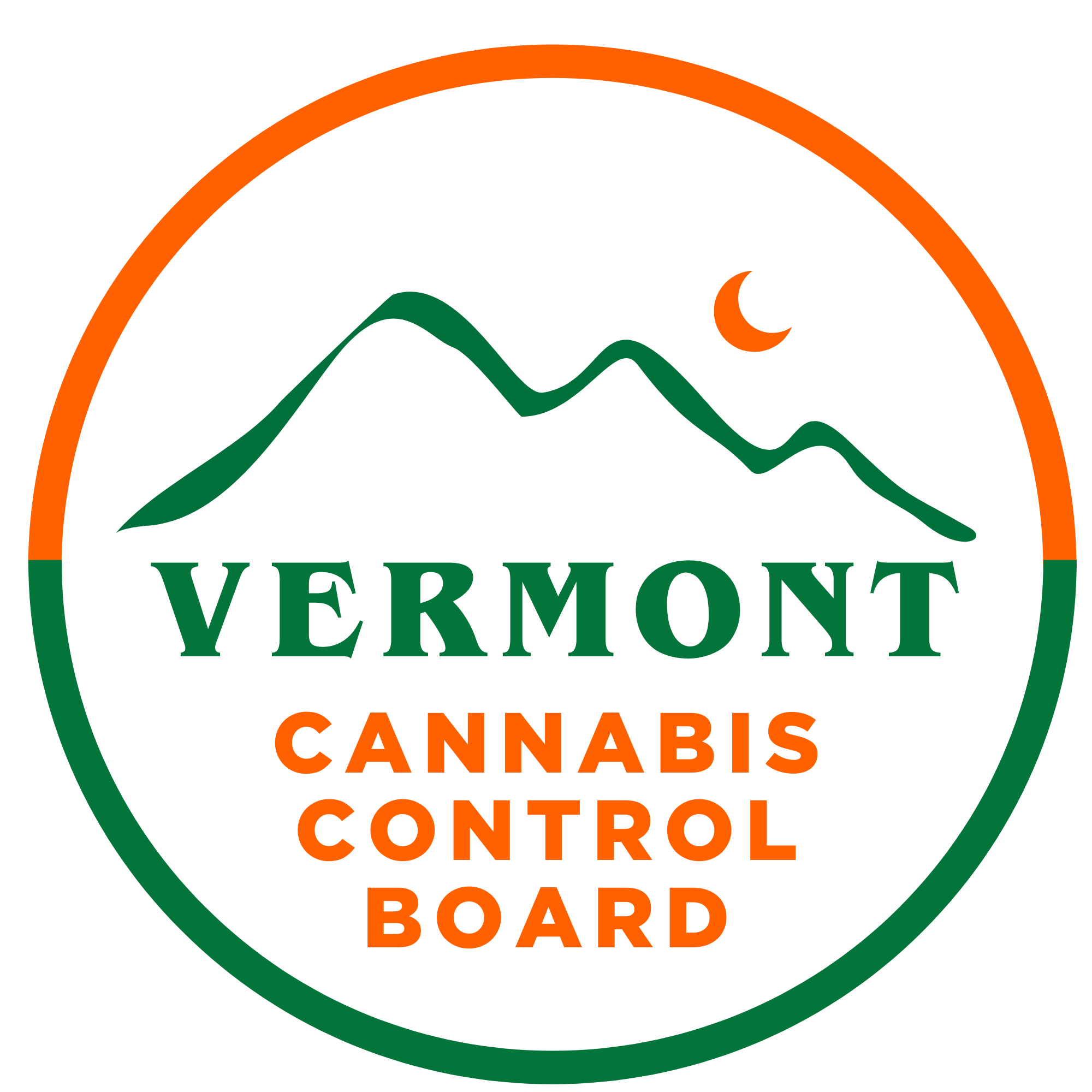Cannabis is:All parts of the plant Cannabis sativa L., whether growing or harvested, and includes:
|
Cannabis does not include:
|
Marijuana and Cannabis: What's the Difference?
The word "cannabis" refers to all products derived from the Cannabis plant while the word "marijuana" refers to parts of or products from the plant (usually the leaves and flowers) that contain substantial amounts of tetrahydrocannabinol (THC), the psycho-active component of the plant that can make people intoxicated. "Marijuana" is more recently being replaced with "cannabis with THC" because of a racially-charged history connected to the use of the world marijuana.
- Note: In the new law that will allow for commercial sales of cannabis in Vermont (Act 164), the Vermont legislature mandated that "Marijuana" be changed to "Cannabis" in all laws. For this purpose, the term cannabis refers to the drug, including anything containing more than .03% of active THC (products with .03% or less are labeled as Hemp).
What is CBD?
CBD stands for cannabidiol and is one of over 130 naturally occurring cannabinoids found in the plant Cannabis sativa L and meets the definition of hemp, 6 V.S.A. § 562 (5). CBD is generally derived from hemp and is not psychoactive, like tetrahydrocannabinol (THC).
Does the Cannabis Control Board also regulate hemp?
No. The Vermont Agency of Agriculture, Food and Markets administers a “Hemp Program that regulates the growing, processing, testing, and marketing of industrial hemp and hemp products in the State” (6 V.S.A. §564(a)), which includes “any product containing one or more hemp-derived cannabinoids, such as cannabidiol.” (6 V.S.A. §562 (4)). It also regulates the content on “labels or label information for hemp products in order to provide consumers with product content or source information or to conform with federal requirements.”
Here's a breakdown of what falls under the CCB's purview, versus VAAFM's hemp program:
Cannabis Control Board - Authority over adult-use cannabis, and eventually the Medical Marijuana Program, is with the Cannabis Control Board. In 2020, Act 164, created a framework for an equitable adult-use cannabis market with the intent of focusing on craft cultivation and products, preserving continuity of services for the existing Medical Marijuana Program and its patients, and protecting the environment, youth, and the consumer. “Cannabis” refers to all parts of the plant Cannabis sativa L., whether growing or harvested, and includes (i)seeds of the plant; (ii) the resin extracted from any part of the plant; and (iii) any compound, manufacture, salt, derivative, mixture, or preparation of the plant, its seeds, or resin. “Cannabis” explicitly does not include: (i) the mature stalks of the plant and fiber produced from the stalks; (ii) oil or cake made from the seeds of the plant; (iii) any compound, manufacture, salt, derivative, mixture, or preparation of the mature stalks, fiber, oil, or cake; (iv) the sterilized seed of the plant that is incapable of germination; or (v) hemp or hemp products, as defined above.
Vermont Hemp Program - The Vermont Agency of Agriculture, Food and Markets (VAAFM) regulates the production of hemp crops, processing and labeling of hemp products and hemp-infused products in compliance with state and federal law, and the Vermont Hemp Rules. “Hemp” means the plant Cannabis sativa L. and any part of the plant, including the seeds and all derivatives, extracts, cannabinoids, acids, salts, isomers, and salts of isomers, whether growing or not, with the federally defined tetrahydrocannabinol concentration level of hemp. "Hemp" is considered an agricultural commodity. "Hemp products" or "hemp-infused products" means all products with the federally defined tetrahydrocannabinol concentration level for hemp derived from, or made by, processing hemp plants or plant parts, that are prepared in a form available for commercial sale, including cosmetics, personal care products, food intended for animal or human consumption, cloth, cordage, fiber, fuel, paint, paper, construction materials, plastics, and any product containing one or more hemp-derived cannabinoids, such as cannabidiol.
For information about the Vermont’s Hemp Program please go to https://agriculture.vermont.gov/hemp or call 802-828-1732.

